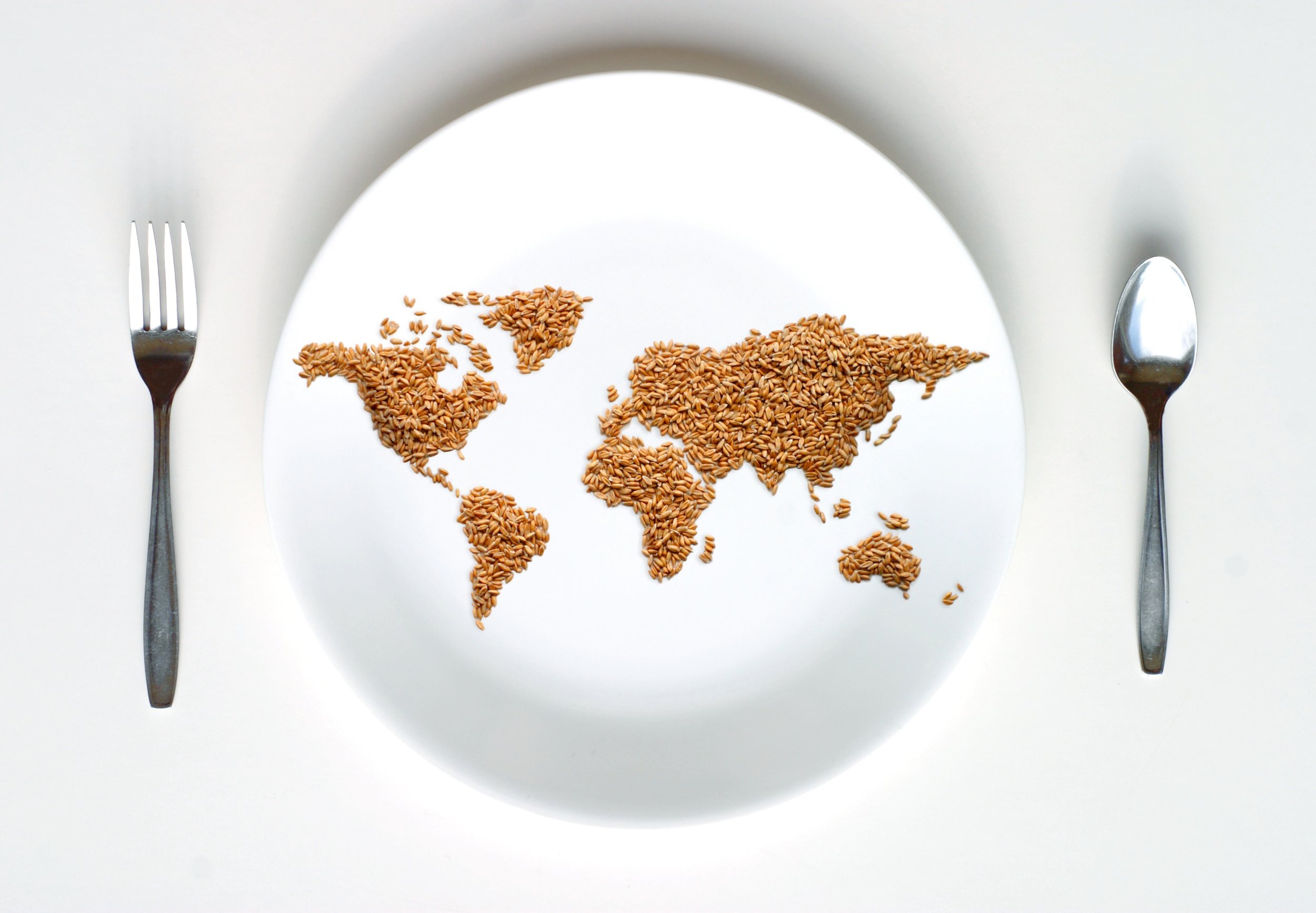Each week we feature an article from Capital Commentary, a weekly current affairs publication by the Center for Public Justice. To read more, visit http://www.capitalcommentary.org.
For a poor person everything is terrible—illness, humiliation, shame. We are cripples; we are afraid of everything; we depend on everyone. No one needs us. We are like garbage that everyone wants to get rid of.
—Poor Woman from Moldova
An estimated 2.6 billion people, approximately 40% of the world’s population, live on less than $2 per day. At the same time, even the average resident of Canada or the U.S. is one of the richest people ever to walk the face of the earth. How shall Christians respond to this crisis? The Center for Public Justice Guideline on Economic Justice provides a helpful starting point.
Creative Image Bearers vs. Materialistic Consumers
The Guideline argues that as beings created in the image of God, humans are to use their gifts and abilities to fulfill a diverse set of responsibilities. Any social system that undermines people’s ability to exercise these responsibilities undermines the dignity inherent in image bearing.
These simple yet profound truths are at odds with the majority of poverty alleviation efforts in the post-war era, which have often reduced humans to purely material beings whose happiness is enhanced through greater consumption. Indeed, a materialistic view of the problem of poverty has profoundly shaped everything from World Bank policies to short-term mission trips.
Yet, as the opening quote illustrates, research has shown that poor people see their poverty in far more complex and multifaceted ways than can be solved through material resources alone. They long to have a voice, to have the capacity to affect change, to be part of the community, to be, well, human.
In recent decades, a growing number of practitioners have started to use approaches to poverty alleviation that are consistent with this fuller understanding of the nature of human beings and of poverty. For example, instead of simply pouring in more material resources—which can actually undermine human dignity—many now advocate an approach which asks poor individuals, communities, and nations to identify the resources they already have and to mobilize those assets to solve their own problems. Outside resources may still be necessary, but the appropriate timing and scale of those resources is determined by the extent to which they support or undermine local dignity and capacity. The key principle is to treat poor people as full participants in the selection, design, implementation, and evaluation of the strategy—i.e. as image-bearing stewards—rather than as consuming machines.
On States and Markets
Development economists have long debated the relative roles of the state and markets in fostering economic prosperity. The Guideline sees the two as complementary, arguing that the state is absolutely essential for creating the legal institutions (private property, definitions of corporations, anti-trust policy, etc.) necessary for markets to function properly. Indeed, many leading development economists now agree, and considerable research is underway to determine the best way to promote these institutions in poor countries.
Beyond States and Markets
Finally, the Guideline asserts that both international institutions and non-government organizations (NGOs) have a part to play in promoting economic stewardship.
For example, it is now possible for massive flows of capital to move across national boundaries at the press of a button. Recent history has demonstrated that these flows can wreak havoc with exchange rates and financial systems, bringing both states and markets to their knees. Developing appropriate international institutions is absolutely essential for addressing these problems.
Similarly, governments and markets are ill-equipped to address the profound loss of dignity expressed in the words, “We are like garbage that everyone wants to get rid of.” In addition to the inherent pain in this statement, such feelings of shame and inferiority often inhibit poor people from engaging in productive economic activities. Addressing these feelings requires highly relational approaches that point people to Jesus Christ, the only One who can fully restore humans to experiencing all that it means to bear His image. Christian NGOs and churches have a pivotal role to play in this process, and—as the Guideline suggests—a proper function of government is to create the freedom and the space for them to do so.
—Brian Fikkert is Professor of Economics & Community Development at Covenant College, Director of The Chalmers Center, and co-author of When Helping Hurts.

